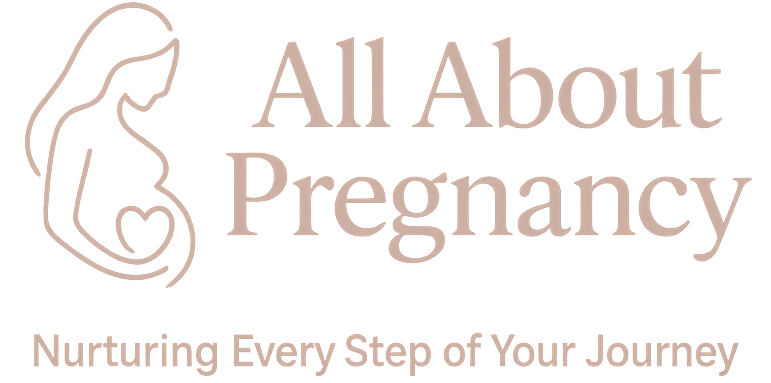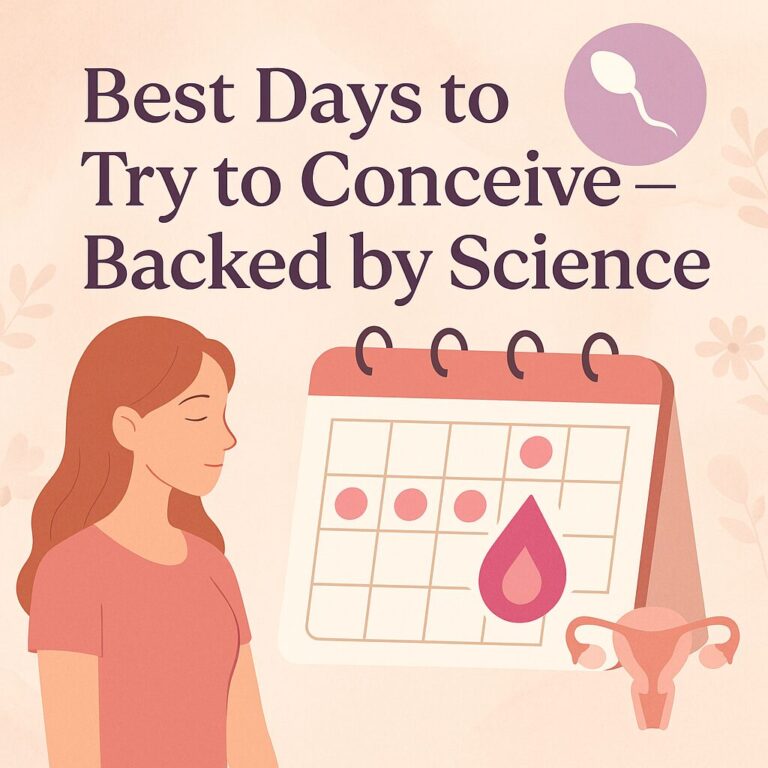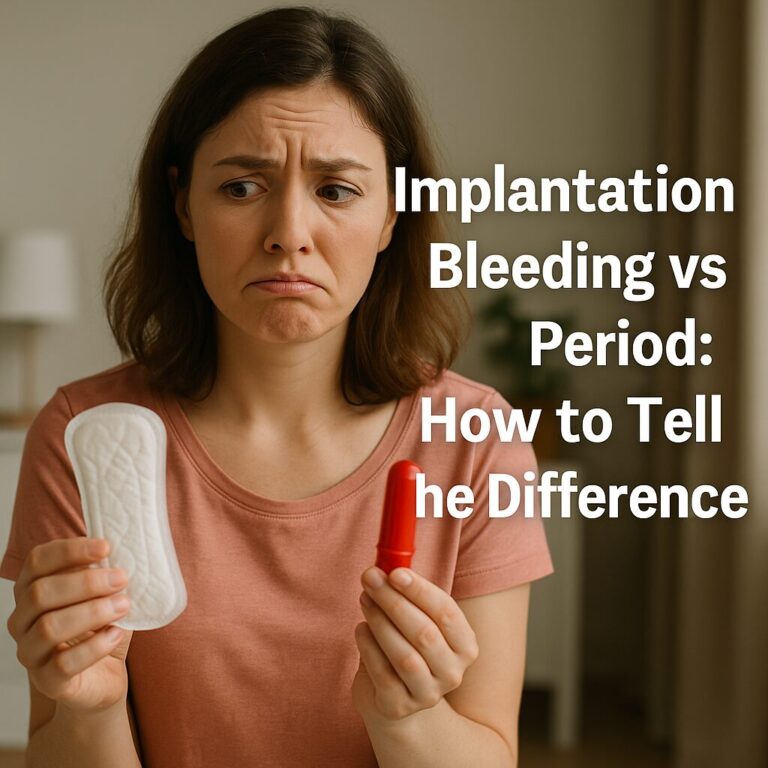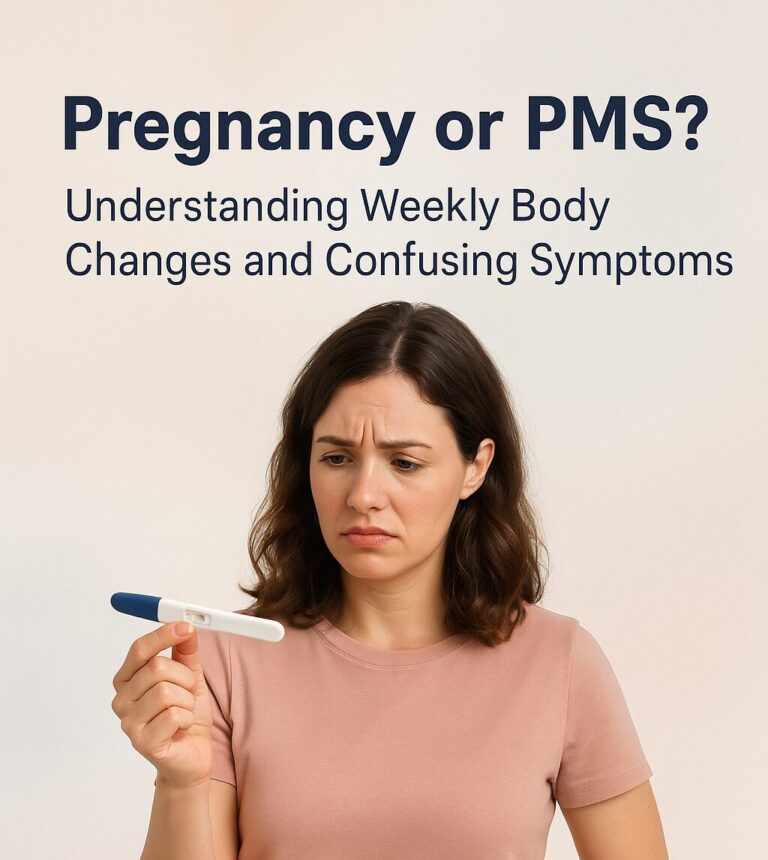Introduction
Trying for a baby is an exciting step, but it’s important to ensure your body is fully prepared. Preconception health isn’t just about taking folic acid—it’s a holistic approach involving diet, lifestyle, mental wellness, and medical care.

✅ 1. Schedule a Preconception Checkup
- Visit your gynecologist or a fertility specialist.
- Discuss medical history, medications, and any concerns.
- Update vaccinations and address chronic health conditions like diabetes or thyroid.
✅ 2. Start Prenatal Vitamins
- Begin a prenatal vitamin with 400–800 mcg of folic acid.
- Supports neural tube development and prevents birth defects.
✅ 3. Review Your Diet
- Focus on whole foods: fruits, vegetables, whole grains, lean protein.
- Increase intake of iron, folate, calcium, and omega-3 fatty acids.
- Limit processed foods, added sugars, and trans fats.
✅ 4. Achieve a Healthy Weight
- Being underweight or overweight can affect ovulation.
- Aim for a BMI between 18.5 and 24.9.
✅ 5. Cut Back on Harmful Substances
- Quit smoking and avoid second-hand smoke.
- Limit or eliminate alcohol and caffeine.
- Stay away from recreational drugs.
✅ 6. Manage Stress and Mental Health
- High stress can affect hormone balance.
- Practice mindfulness, yoga, journaling, or therapy.
- Discuss any anxiety or depression with your doctor.
✅ 7. Track Your Menstrual Cycle
- Understand your ovulation window using tracking apps or ovulation kits.
- Helps time intercourse more effectively for conception.
✅ 8. Get Enough Sleep and Exercise
- 7–9 hours of quality sleep supports hormone regulation.
- Light to moderate exercise (walking, swimming, yoga) is great for preconception health.
✅ 9. Discuss Genetic Screening
- Especially if there’s a family history of genetic disorders.
- Helps identify any risks early on.
✅ 10. Review Environmental Exposure
- Avoid toxins in plastic, cosmetics, cleaning agents, and pesticides.
- Use natural or organic alternatives wherever possible.
✅ 11. Communicate with Your Partner
- Fertility is a shared journey.
- Make sure your partner is also maintaining a healthy lifestyle (e.g., reducing alcohol, improving diet, managing stress).
Conclusion:
Preparing for pregnancy doesn’t start when you get a positive test—it begins with the healthy choices you make now. This preconception checklist ensures you give your future baby the best possible start.








